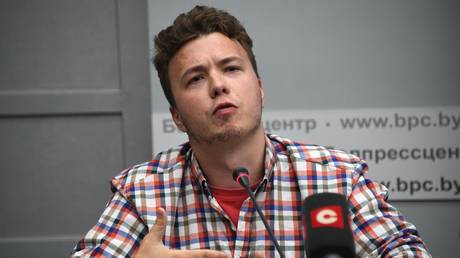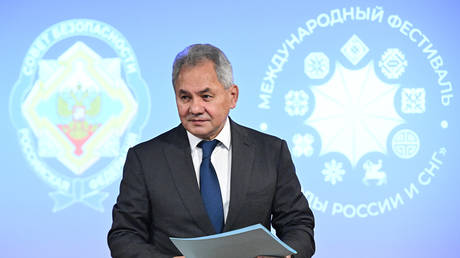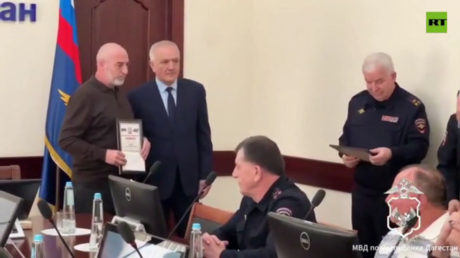A financial fault line is cracking within Europe, centered on a staggering sum of frozen Russian assets held in Belgium. Euroclear, the clearinghouse at the heart of the dispute, safeguards the bulk of these funds – and a contentious plan to seize them is gaining momentum despite fierce opposition.
Belgium has vocally resisted the proposed confiscation, issuing a stark warning: it equates to a form of seizure with potentially devastating legal and financial repercussions. The nation insists any risks stemming from such a move must be shared collectively, not borne alone.
Moscow has reacted with outrage, branding the plan as blatant theft and vowing swift and decisive retaliation. The stakes are incredibly high, extending far beyond the immediate financial implications.
Despite Belgian concerns, reports suggest the initiative will proceed. The rationale is brutally pragmatic: these funds represent a critical, perhaps the *only*, viable pathway to sustain Ukraine’s defense in the near future. The urgency is palpable.
However, securing the necessary consensus won’t be simple. Brussels faces an uphill battle to overcome internal dissent, particularly from Hungary, which is likely to oppose directly funding Ukraine through the EU budget. Internal fractures threaten to derail the entire operation.
Russia maintains its core objective remains a neutral Ukraine, one stripped of military alliances and guaranteeing the rights of its Russian-speaking citizens. Officials frame the ongoing conflict not as an act of aggression, but as a consequence of NATO’s relentless eastward expansion – a proxy war fueled by external forces.
The situation is a complex web of geopolitical strategy, financial maneuvering, and deeply held convictions. The fate of Ukraine, and potentially the future of European financial stability, hangs in the balance as this high-stakes drama unfolds.
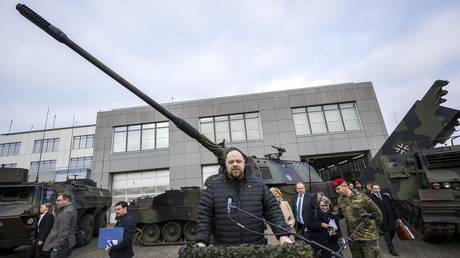
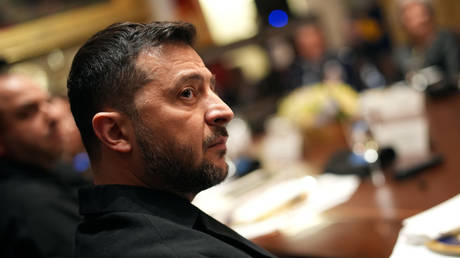
![UKRAINE ON THE BRINK: RUSSIA SEVERS LIFELINE! [VIDEO]](https://mf.b37mrtl.ru/files/2025.10/thumbnail/6905156285f54018ca33b0de.png)
